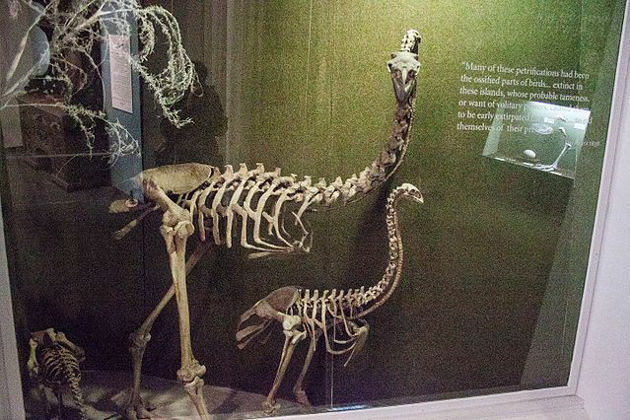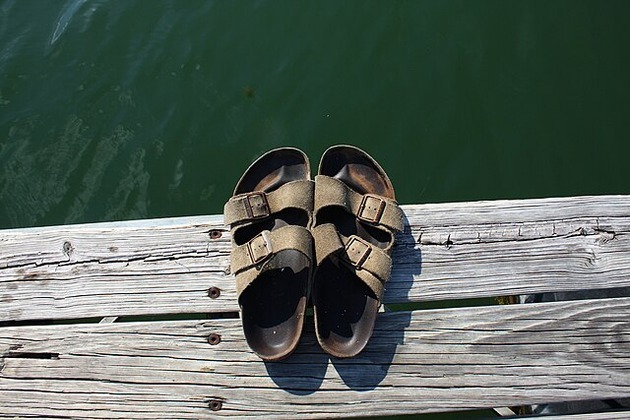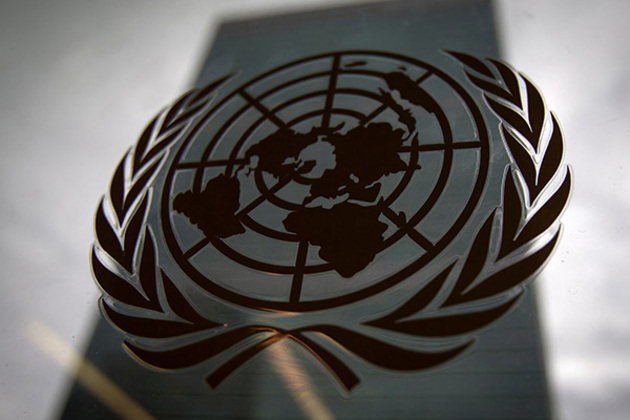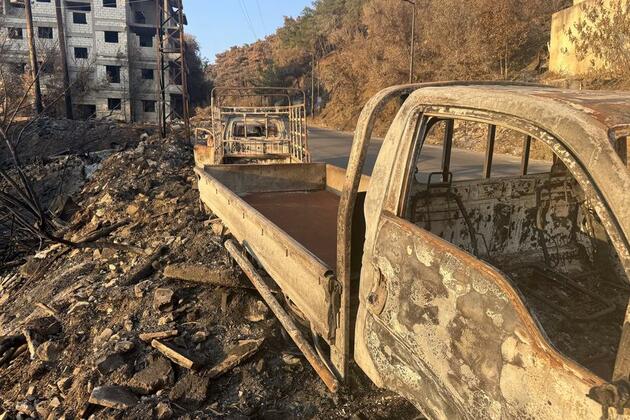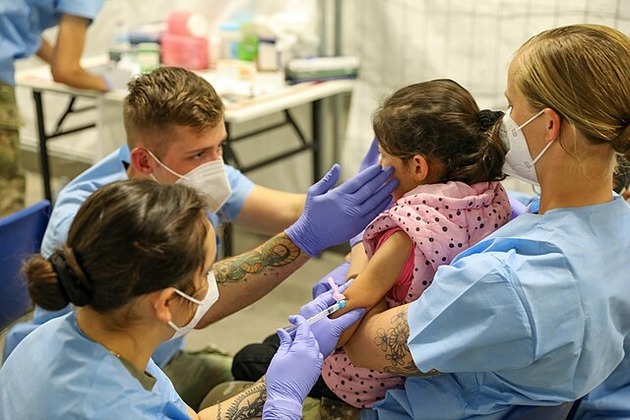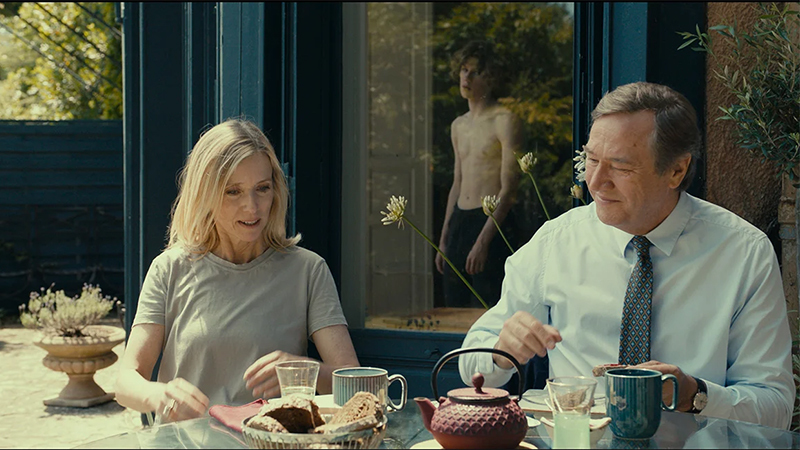Why do we find making new friends so hard as adults?
The Conversation
21 Jan 2022, 12:08 GMT+10
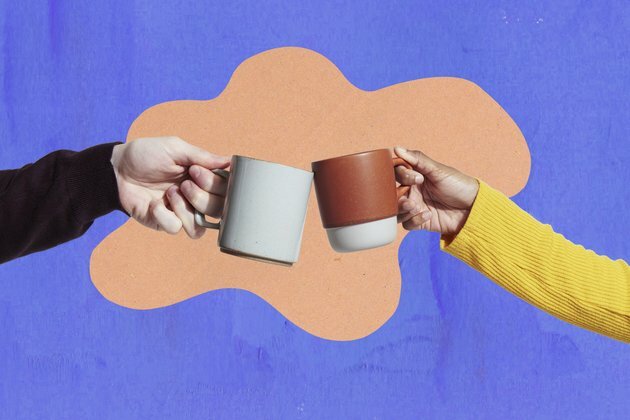
If you've ever tried to make new friends as an adult, you'll probably see why loneliness is at an all-time high. Making new friends feels just plain hard.
In school, making friends can be as simple as going on the monkey bars together. But as adults, making, developing and maintaining friendships can be much more difficult.
This matters, because we need friends. And while old friends are golden, nothing stays the same forever. Old friends move away, or have their time taken up by child-rearing or their careers. Without action, loneliness can quietly grow around you. It's worth taking seriously, because evidence now suggests chronic loneliness can be lethal - the equivalent impact of 15 cigarettes a day on mortality rates.
It's not just you, either. In many countries, loneliness is at epidemic proportions. And that was before COVID-19 made it much harder for us to see our friends.
The challenge of trust
Before COVID, around a third of Australians reported feeling at least one episode of loneliness. Since COVID brought widespread disruption to our work and social lives, loneliness has soared. Surveys now find over half (54%) of Australians report experiencing greater loneliness since the start of the pandemic.
As we reach for a new COVID-normal, it's worth taking stock of your friendships - and assess whether you feel your social life is fine, or could use a little help.
When researchers interviewed adults about making friends in a recent study, the most important challenge cited was a lack of trust. That is, people found it harder to put their trust in someone new and fully invest in them as a friend compared to when they were younger.
Perhaps that's why many people try to keep their circle of old friends as long as possible, given the trust they may have built up over many years.
Who found it harder? Women were more likely than men to say they didn't make new friends easily because they struggled to trust others.
So what is it about adulthood? Well, as adults, we have greater self-awareness than children. While that is often a positive, it also means we're more aware of the risks of being judged by others, of not being liked, of being rejected, and of being hurt. Or perhaps it just means we've been through high school and our 20s.
If we've had previous rejections as friends or suffered a breach of trust, we may find it harder to be trusting of others in the future. To trust a new friend means opening ourselves up and being vulnerable, just as we do in relationships.
Friendships need time
After the trust issue comes time. "Lack of time" was the second-most common reason people gave after "lack of trust" when asked why they found it hard to make friends as adults.
This won't be news to many of us. When we have demanding work schedules, very involved family lives or a combination of the two, our time for investing in friendships drops. Even when we meet a promising new friend, it can be hard to carve out time to invest in it. This is a bigger problem for older adults, given most people find their obligations increase with age.
Read more: It's hard to admit we're lonely, even to ourselves. Here are the signs and how to manage them
How long does it actually take to make friends? It shouldn't surprise us that closer friendships take longer to build than casual acquaintances. US researchers have tried to quantify this, estimating it takes roughly 50 hours of shared contact to move from acquaintances to casual friends. To be a close friend? More than 200 hours.
What's more, the hours you spend together need to be quality. While you may well put in the time with work colleagues, professional interactions don't count for much. To develop a new friendship, you need personal connection. It doesn't have to be an intimate conversation to strengthen a friendship. Casual check-ins and joking around can be just as important.
There are many other barriers stopping us from having the friendships we want. This can include having an introverted personality, health barriers, personal insecurities, or maintaining a formal facade and not allowing potential friends in.
Older people are more likely to cite illness and disability as a barrier to socialising, while younger adults are more likely to be stopped by introversion and fears of rejection.
How can we get better at making friends as adults?
It's entirely possible to overcome these barriers as adults and build meaningful, long-lasting friendships. We don't have to accept loneliness as inevitable. And while you might think everyone else is having a great social life, remember loneliness is widespread.
So how do you do it?
Build friendships for ten minutes a day
You don't have to be climbing mountains or bonding intensely over a shared hobby to solidify a new friendship. If you put in ten minutes a day, you can maintain existing friendships and build new ones. Send a text, forward a meme, add to the group chat or give someone a quick call. Don't get caught up on how much effort, energy and time goes into building friendships. Ten minutes a day may be all you need.
Make the most of any quality time
When you do get to properly spend time with a friend or acquaintance, make the most of it. Avoid distractions if possible, keep Instagram for the couch at home, and be present with your new friend.
Lean into your vulnerability
We're often scared by the idea of being vulnerable. I think we should embrace it. Remember you are in control of how much you trust and how much you open up. If you struggle with trust, consider sharing personal information slowly, rather than all at once.
Yes, there is a risk in being vulnerable - but there is also the potential to connect on a meaningful level with another person who may very well become a good friend. And that is a fine reward.
Author: Anastasia Hronis - Clinical Psychologist, University of Technology Sydney 
 Share
Share
 Tweet
Tweet
 Share
Share
 Flip
Flip
 Email
Email
Watch latest videos
Subscribe and Follow
Get a daily dose of Mexico Star news through our daily email, its complimentary and keeps you fully up to date with world and business news as well.
News RELEASES
Publish news of your business, community or sports group, personnel appointments, major event and more by submitting a news release to Mexico Star.
More InformationLifestyle
SectionFilmmaker joins biotech effort to bring back extinct giant bird
WASHINGTON, D.C.: Filmmaker Peter Jackson's lifelong fascination with the extinct giant New Zealand flightless bird called the moa...
Birkenstock steps up legal battle over fakes in India
NEW DELHI, India: Birkenstock is stepping up its efforts to protect its iconic sandals in India, as local legal representatives conducted...
Families' forum expresses concern over stalled talks in Doha
Tel Aviv [Israel], July 13 (ANI/TPS): In response to reports that negotiations in Qatar have stalled, and following an unnamed Israeli...
Haryana CM urges citizens to avail benefits of PM Surya Ghar Muft Bijli Yojana
Kaithal (Haryana) [India], July 12 (ANI): Haryana Chief Minister Nayab Singh Saini said that under PM Surya Ghar Muft Bijli Yojana,...
UN warns of humanitarian crisis as Afghan migrants return from Iran, Pakistan
Kabul [Afghanistan], July 12 (ANI): The United Nations has warned of a worsening humanitarian crisis as up to three million Afghan...
Ashes to ashes: Syrian farmers confront charred future after wildfire devastation
by Hummam Sheikh Ali QASTAL MAAF, Syria, July 12 (Xinhua) -- Rifaat Ismail's shoes sink into the ash where olive groves once flourished....
International
SectionHouthis attack cargo ship in Red Sea, raising maritime safety fears
DUBAI, U.A.E.: A cargo ship flagged under Liberia, known as the Eternity C, sank in the Red Sea following an attack executed by Yemen's...
Trump administration restarts Ukraine arms deliveries
WASHINGTON, D.C.: The Trump administration has started sending some weapons to Ukraine again, just a week after the Pentagon told officials...
From France’s shores, desperate migrants look to reach British coast
ECAULT BEACH, France: On clear days, the white cliffs of the United Kingdom, are visible from northern France, where men, women, and...
CDC: US records 1,288 measles cases, most since 1992 outbreak
ATLANTA, Georgia: The United States is facing its worst measles outbreak in more than three decades, with 1,288 confirmed cases so...
Gaza War sucking life out of an Israeli generation
In the past month alone, 23 Israeli soldiers have been killed in Gaza—three more than the number of remaining living hostages held...
Faulty IT system at heart of UK Post Office scandal, says report
LONDON, U.K.: At least 13 people are believed to have taken their own lives as a result of the U.K.'s Post Office scandal, in which...

